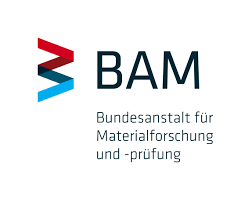Research Assistant / Associate in Data and Physics-informed simulation of very large aircraft structures
The position of Research Assistant/Associate in Data and Physics-informed simulation of very large aircraft structures is part of a large project funded by EPSRC, with close interaction and planned visits to AIRBUS and NASA. The goal of deploying a new generation of zero-emission aircraft within the next decades leads to a need to fundamentally re-think the role of simulation in aircraft design. In this role, you will be part of a team seeking to develop fundamentally new numerical methods, based on data and physics, for the simulation of very large structures. These methods, which will build upon extensive experience within the group, are intended to underpin the future design of new generations of aircraft.
You will be part of a team with Prof. Pinho, another PDRA and two PhD students, all working on this project. Visits to NASA, Airbus and other project partners are planned within the project, as well as deployment of the software at Airbus and validation against real full-wing test data part of Airbus’s Wing of Tomorrow project. You will also have opportunities to participate in the supervision of master’s projects.
You will use the Finite Element Method, Artificial Intelligence and Uncertainty Quantification, and will program using Python and C++ (. user elements, user materials, surrogate models, among others). The software you will contribute to will be made publicly available under a BSD-3 licence, and will be compatible with various FE solvers, so it achieves maximum impact and you gain maximum recognition. You will publish your results in the leading journals in the area, and will have the opportunity to attend various conferences to disseminate your work.
You will develop, implement and verify numerical methods which underpin the structural simulation, design and certification of very large structures, such as aircraft wings. You will use AI as appropriate in the development of such models, for instance for surrogate models of structural components. You will incorporate means for effective uncertainty quantification in said models. You will use professional software development standards to ensure that the codes are sustainable, readable, modular, reusable and optimised for HPC.
We are looking for applicants with sound knowledge of solid mechanics and experience on:
This role will offer you the following:



